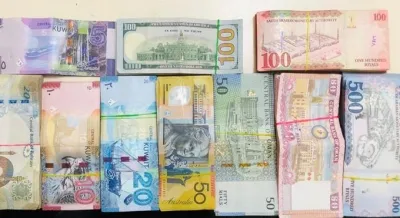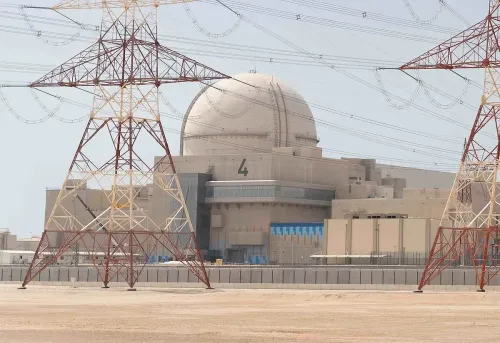Why Did Tata Motors' Net Profit Fall 63% YoY to Rs 4,003 Cr in Q1?

Synopsis
Key Takeaways
- Tata Motors' Q1 FY26 profit fell to Rs 4,003 crore, down 62% YoY.
- Jaguar Land Rover's profitability was notably affected.
- Total income decreased to Rs 1.05 lakh crore.
- Company aims for a strong second half amid challenges.
- Recent acquisition of Iveco Group to bolster growth.
New Delhi, Aug 8 (NationPress) Tata Motors Limited's (TML) net profit for the first quarter of the financial year 2026 (Q1 FY26) was recorded at Rs 4,003 crore, marking a significant decline of 62 percent year-on-year (YoY), as indicated in an exchange filing on Friday.
In the same quarter of the previous year (Q1 FY25), the automobile giant had reported a consolidated net profit of Rs 10,597 crore. The profit also experienced a dip of over 50 percent sequentially from Rs 8,556 crore in the prior quarter.
For the April-June period, the company's total income was Rs 1.05 lakh crore, reflecting a slight decrease from Rs 1.08 lakh crore in Q1 FY25. Income also fell sequentially from Rs 1.21 lakh crore in Q4 FY25.
Total expenses for Q1 FY26 were Rs 1 lakh crore, slightly up from Rs 99.89 thousand crore reported in the same quarter last year. However, expenses decreased sequentially compared to Rs 1.09 lakh crore in Q4 FY25.
The company's performance this quarter was hindered by a decline in volumes across all segments and a drop in profitability, notably at Jaguar Land Rover (JLR), as per the filing.
JLR's revenues fell by 9.2 percent to 6.6 billion euros, with an EBIT margin of 4 percent, impacted by US trade tariffs.
On July 30, 2025, TML announced the full acquisition of Iveco Group N.V. (excluding Defence) through a Voluntary Tender Offer for all public shareholders, aiming to combine complementary capabilities and global reach for long-term growth and value creation.
“Despite challenging macroeconomic conditions, the business delivered a profitable quarter, backed by solid fundamentals,” stated Tata Motors' Group Chief Financial Officer, P.B. Balaji.
“As tariff clarity improves and festive demand rises, we are poised to enhance performance and regain momentum across our portfolio. With the upcoming demerger in October 2025, our focus remains on achieving a strong second half,” Balaji added.








